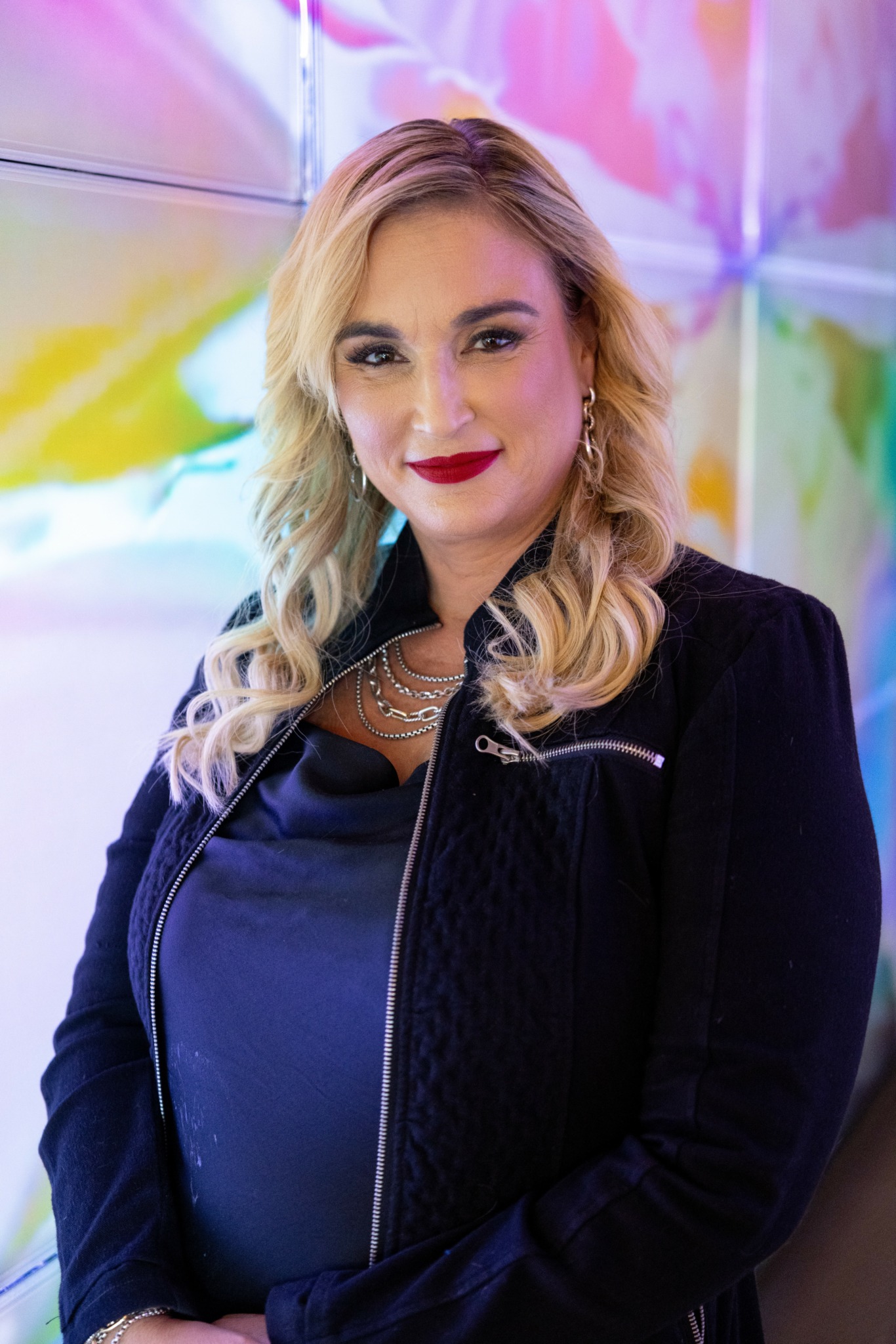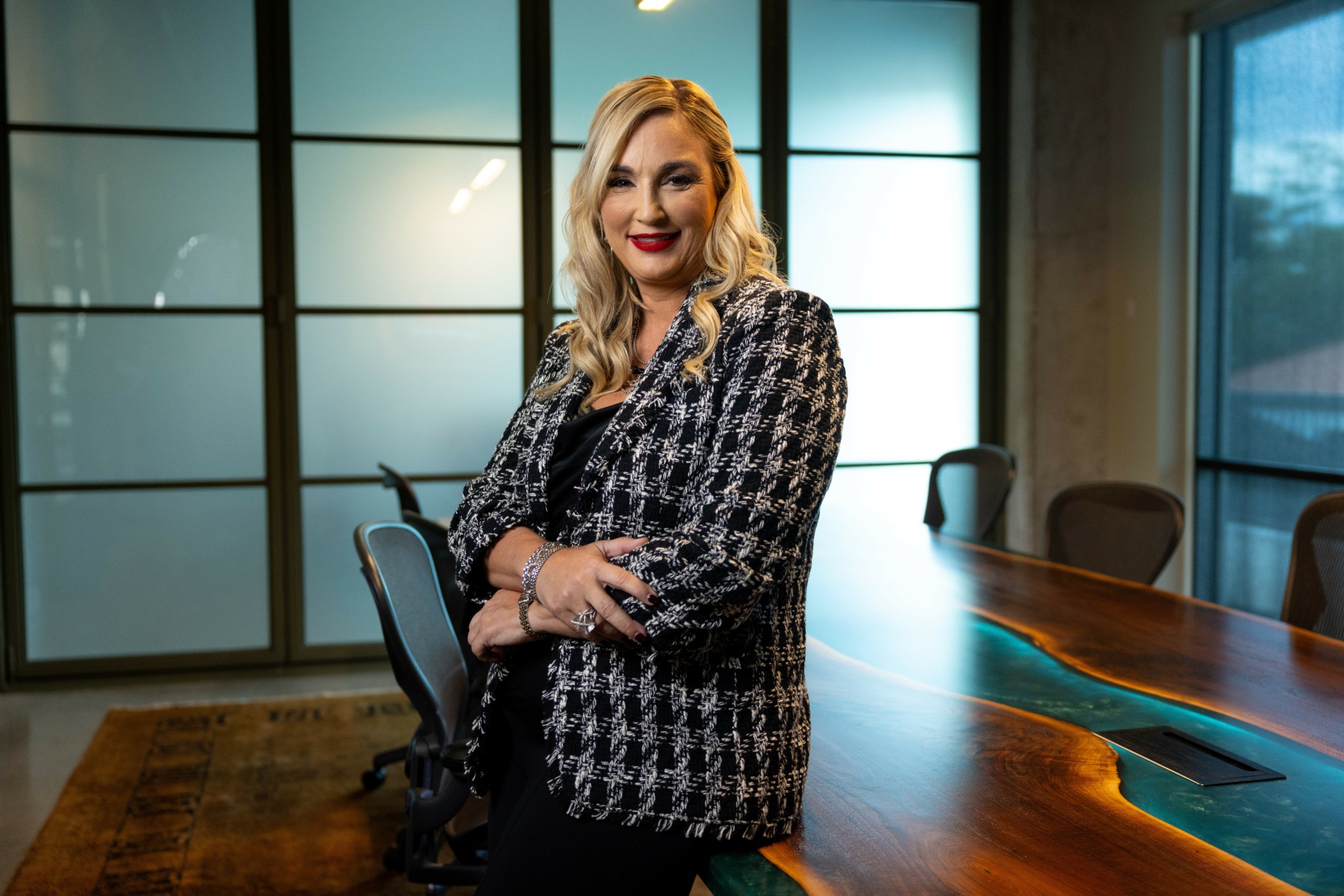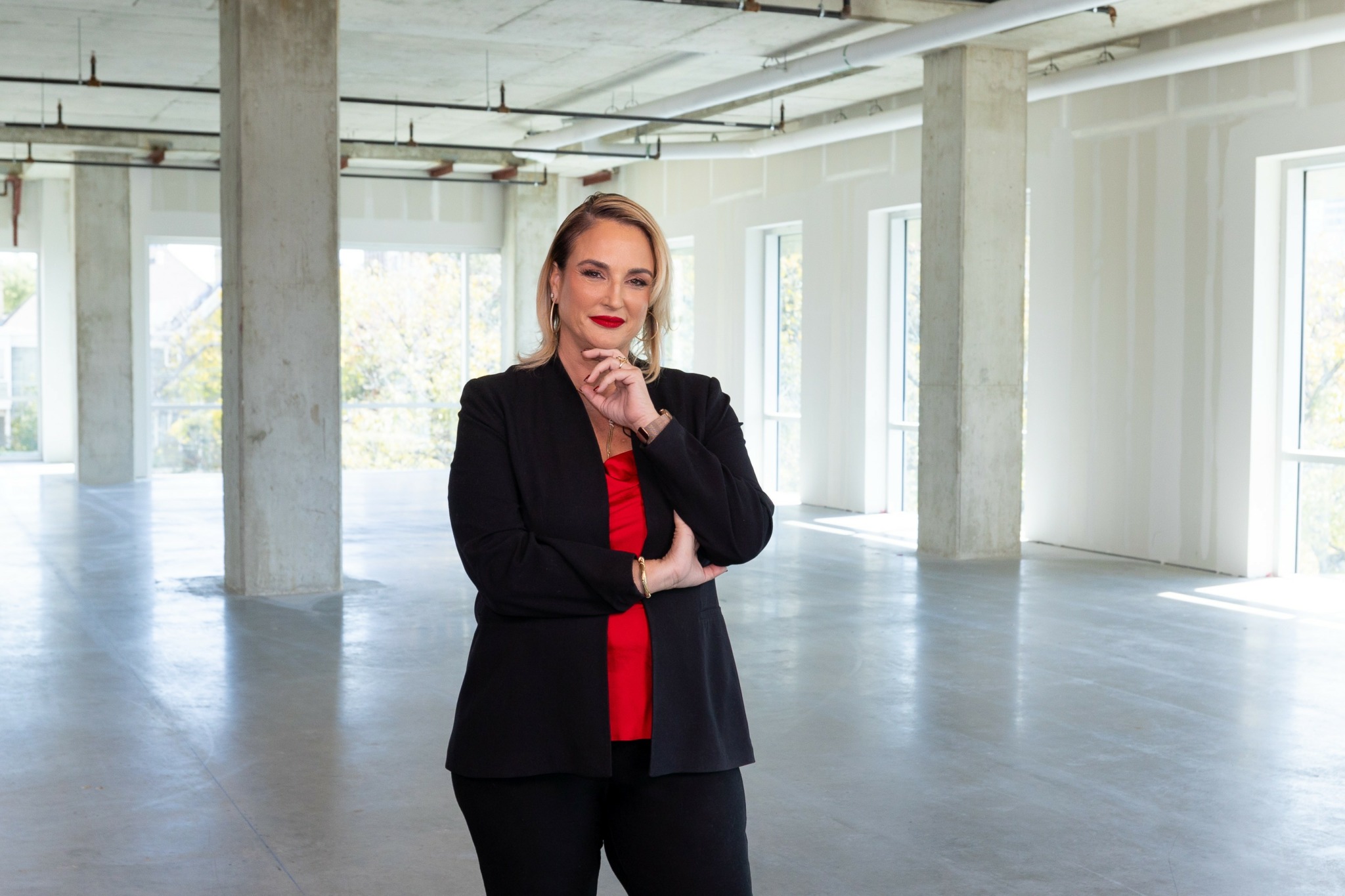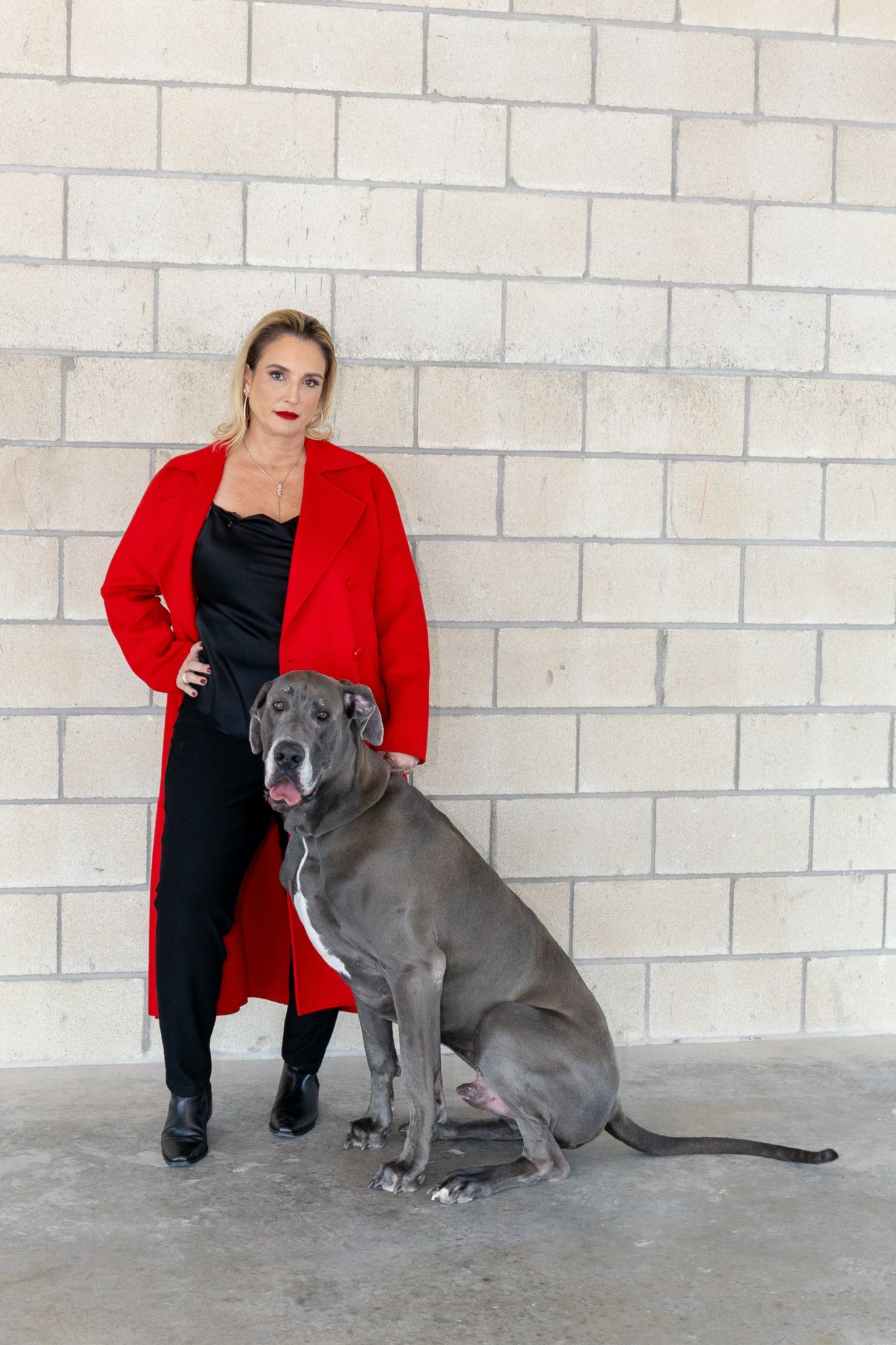We were lucky to catch up with Michele Locke recently and have shared our conversation below.
Michele, looking forward to hearing all of your stories today. If you had a defining moment that you feel really changed the trajectory of your career, we’d love to hear the story and details.
Losing my campaign for district court judge was the defining moment in my career – a moment that shook me to my core and changed everything. It was the first time I’d poured my heart and soul into something, worked relentlessly, and still lost. It was a harsh and humbling realization for me: sometimes, the good guys don’t win.
That campaign was everything to me. I campaigned tirelessly – even block-walking on crutches after major reconstructive ankle surgery – and gave every ounce of myself to the effort. Despite that, I lost to an incumbent judge I didn’t believe had the integrity or skill for the role. The loss was devastating, not just because I didn’t win, but because it made me question everything I thought I knew about hard work and fairness. It was a painful lesson, but one I carry with me: hard work doesn’t always guarantee success, and life isn’t always fair.
After the campaign, I found myself at a crossroads. Becoming a district court judge was my goal, culminating in years of effort. But I realized I had to create a new path when that door closed. I left my associate judgeship, packed up my life in El Paso, and moved to Austin without having a single professional connection. I sent resumes to random family law firms, wondering what would come next. Reinventing myself at almost 40 was terrifying, but staying stagnant wasn’t an option.
Looking back, I can honestly say I’m grateful for that loss. It was painful and humbling, but it forced me out of my comfort zone and into opportunities I would never have pursued otherwise. Now, I’m doing work I love with people I admire and pursuing goals I didn’t dare to chase before. That campaign taught me one of the most valuable life lessons: you learn more from your losses than your wins. Losing doesn’t mean it’s over – it means there’s a new path waiting for you, and sometimes, that path leads to something even better than you have ever imagined.

Awesome – so before we get into the rest of our questions, can you briefly introduce yourself to our readers.
My name is Michele Locke, and I’m an attorney and former associate court judge with over 22 years of experience. My work focuses on helping individuals and families navigate the most challenging chapters of their lives – whether it’s divorce, custody disputes, or advocating for justice in cases involving domestic violence and narcissistic abuse. I’ve built my career on the belief that the law is not just about rules and procedures; it’s about people. It’s about helping them find stability and resolution when everything feels uncertain.
One thing that sets me apart is my authenticity. From the beginning of my legal career, I’ve embraced who I am – unapologetically. I’ve walked into courtrooms wearing my red lipstick, not trying to mimic anyone else but instead leaning into the power of being myself. I’ve always believed that authenticity is a strength that allows me to connect with my clients and advocate for them effectively. People see it when you’re genuine and trust you more for it.
A significant part of my practice has involved high-stakes custody cases and cases involving various types of abuse. These cases aren’t just about legal arguments but real people’s lives and futures. My childhood experiences shaped how I approach this work. Growing up in a chaotic environment with an abusive alcoholic father, I learned what it feels like to need a protector, someone to stand in the gap for you. That’s why I see myself as a shield for my clients, especially those who have faced years of manipulation or abuse. I know how hard it can be to find the strength to stand up for yourself, and I make it my mission to ensure my clients feel empowered and supported and that I will be their shield until they can find their inner strength again.
One case that still stands out to me is that of a woman that I represented who was terminally ill, battling both cancer and the threat of eviction from her government housing. The case wasn’t about money or recognition but protecting her dignity. I fought to keep her in her home until she passed, ensuring that she didn’t have to face the indignity of being forced out in her final days. That case reminds me of why I do this work: to give people a voice when they feel powerless and fight for their dignity, regardless of the odds.
What I’m most proud of is the humanity I bring to my practice. My clients know that they’re not just another case file to me. I listen, I care, and I fight tirelessly for what’s right. At its core, my work is about helping people move forward – giving them not just legal outcomes but a sense of hope and the confidence to take the next step in their lives.

Can you share a story from your journey that illustrates your resilience?
Resilience has been a defining theme throughout my career and life, shaped by experiences that have tested me in ways I never imagined. One of the more vivid examples happened during a two-week jury trial – one of the biggest, most complex, and most nuanced cases I’ve ever tried with a jury. In the middle of cross-examining a witness, I suddenly got a massive nosebleed. I stood there, tissue pressed to my face, but I didn’t stop. I kept asking questions, determined not to let something as inconvenient as a nosebleed derail me. After the trial, the jury commended me for staying composed. It felt good, but it was just another example of refusing to let obstacles keep me from doing my job.
Another moment came shortly after I underwent cervical fusion surgery. I showed up in court just two weeks post-op, wearing a C-collar, to handle a jury trial. It was grueling – I won’t lie – but it was important to me to be there for my client, to advocate for her even when I wasn’t at my physical best. These moments remind me that resilience isn’t about the absence of struggle; it’s about how you respond when things get difficult.
But my resilience wasn’t just built in the courtroom – it started much earlier. When I was 14, I stood up to my father, a man who had brought chaos and violence into our lives. After an incident where he broke my mother’s front doors by throwing his weight into the doors until they came off their hinges and laid on the floor in my mother’s entryway and then proceeded to assault my brother physically, I made the decision that we wouldn’t go back to his house. I was 14 years old at the time. When he came to pick us up for his next period of possessions, I stood in the doorway before my mother and brother, looked him in the eye, and told him, “We’re not going.” That moment of courage, born out of necessity, taught me that you don’t have to accept harmful situations, even when the cost of saying “no” feels high. It’s a lesson that’s stayed with me in every area of my life.
Resilience isn’t just about pushing through challenges; it’s also about helping others find their strength. That’s why mentoring young female attorneys has become essential to my work. I always tell them: don’t try to be anyone else – be unapologetically yourself. Whether that means embracing your femininity in a courtroom or carving your path in a field dominated by tradition, authenticity is your greatest asset. Watching these young women step into their confidence and grow into their voices is one of the most rewarding parts of my career.
At its core, resilience is about learning, adapting, and continuing to show up. It keeps me moving forward and empowers others to do the same.

Learning and unlearning are both critical parts of growth – can you share a story of a time when you had to unlearn a lesson?
One of the hardest lessons I’ve had to unlearn is the idea that you can just push through anything – that working hard and ignoring your needs is a badge of honor. For years, burning the candle at both ends was necessary and admirable. I believed self-care was indulgent, something you did when everything else was done. But I learned that ignoring your health and well-being doesn’t just hurt you – it limits how much you can truly show up for those who depend on you.
My wake-up call came in a very literal sense. For years, I ignored numbness in my hands and pain in my neck and shoulders, brushing it off as stress. I kept pushing, working, and putting my clients, family, and everything else ahead of myself. Eventually, my body broke down. In November 2020, I found myself in emergency surgery to fuse two cervical discs – just days away from permanent paralysis. That surgery was just the start of a series of health crises, including a total of 12 more surgeries in three and a half years. Each one was a reminder that neglecting your needs has consequences, some more severe than others.
For the longest time, I thought self-care was about getting a manicure or a facial. Now, I know it’s about the basics – taking time to rest, getting regular checkups, and listening to your body when something feels off. By finally embracing this mindset, I’ve rebuilt my health and found that I can show up more fully in every area of my life. I’m a better lawyer, advocate, and mom because I’m not running on empty.
This shift wasn’t easy. I had to unlearn years of habits and a bit of stubborn pride. But it’s one of the most important lessons I’ve ever learned, and I now share it with my clients and colleagues. Taking care of yourself isn’t selfish; it’s the foundation for showing up as your best self for those who count on you.
Contact Info:
- Website: https://www.michelelocke.com/
- Instagram: https://www.instagram.com/attorneymichelelocke/
- Linkedin: https://www.linkedin.com/in/michele-locke/



